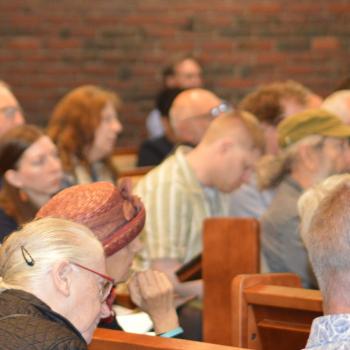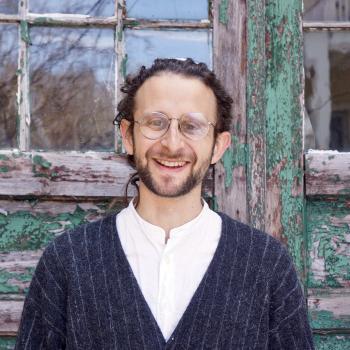By Rabbi Or Rose Earlier this week, approximately 150 people—from over 20 countries—gathered in Boston for the annual conference of the International Council of Christians and Jews (ICCJ). The meeting was hosted by Boston College and my institution, Hebrew College. The conference theme was “Negotiating Multiple Identities: Implications for Interreligious Relations,” and our meeting coincided with the national holiday of Juneteenth. One highlight of the ICCJ conference for me was our visit to the Howard Thurman Center for Common Ground of Boston University (BU). There, we... Read more

















Striking out in all the wrong places
Parashat Chukat-Balak (Numbers 19:1-25:9) Rabbi Shani Rosenbaum The sequence of parashiyot that follows us through early summer—Korach, Chukat, Balak—is saturated in disappointment and its aftermath. One by one, we watch our heroes succumb to a plot thread so common it feels like TV: character experiences significant loss; then, in predictable yet always cringe-inducing fashion, said character proceeds to lose it about something totally trivial at an unsuspecting innocent. See the rebels in our previous parashah, Korach. Their complaint to Moses... Read more